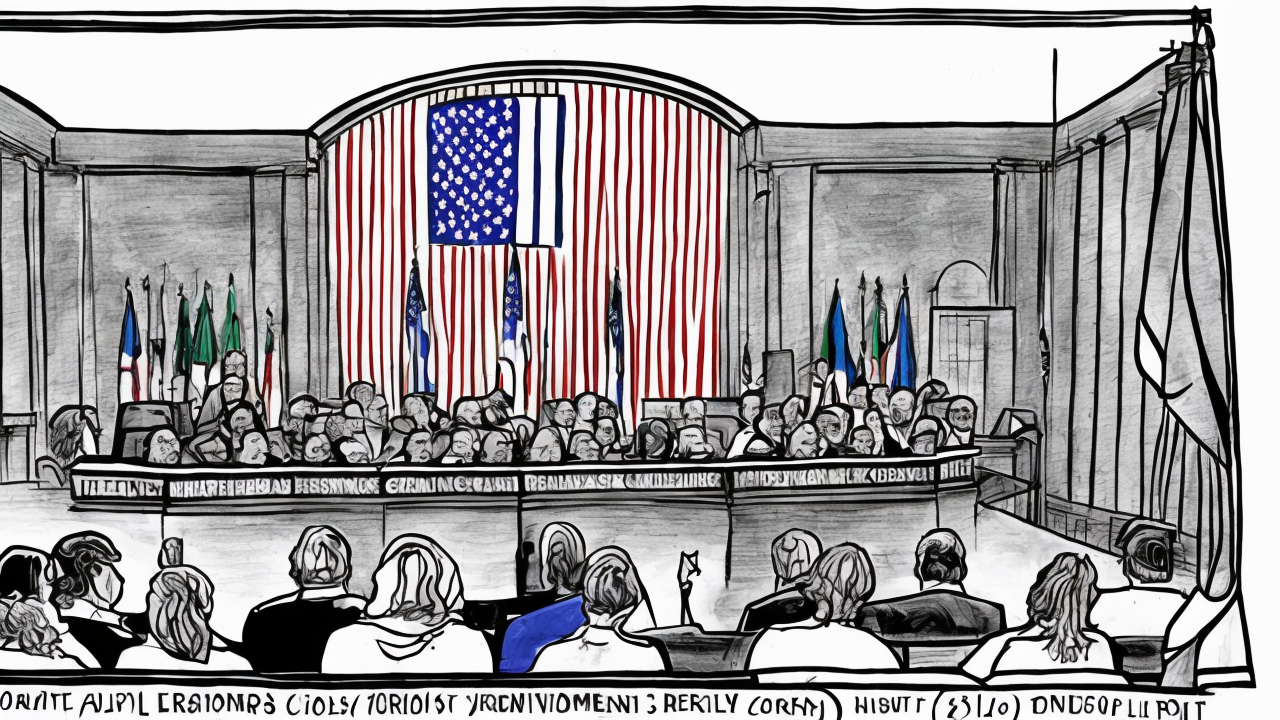JD Vance Faces Backlash Over Israel Remarks

At a recent Turning Point USA event in Mississippi, Vice President JD Vance faced questions about U.S. foreign policy toward Israel, including a student’s comment suggesting that Jewish religious beliefs are fundamentally at odds with Christian values. While Vance acknowledged the theological differences between Judaism and Christianity, he focused primarily on shared strategic interests and the importance of U.S. national security goals. His response, though measured, drew criticism from many conservatives who felt it did not go far enough in rejecting the premise of the question.
The concern is not about political expediency but about principle. The idea that Jewish faith conflicts with Christian morality is a long-discredited and harmful stereotype. It echoes centuries-old prejudices that have fueled persecution and division. In any public forum, especially among leaders who claim to uphold traditional values, such notions must be firmly rejected—not just for the sake of diplomacy, but for the sake of truth and unity.
Vance’s emphasis on national interest was not wrong. The United States has a legitimate stake in Israel’s security, and strong ties with Israel serve both strategic and moral purposes. But national interest does not excuse silence when falsehoods are presented as legitimate debate. When a student implies that Jewish influence shapes American foreign policy in a way that undermines Christian principles, the response should not be a careful policy explanation—it should be a clear affirmation that such ideas are not only false but deeply offensive.
The rise of figures like Tucker Carlson and Nick Fuentes, who promote conspiracy theories about Jewish power and global influence, shows how dangerous narratives can take root even in conservative spaces. These ideas are not new; they have been used to justify violence and exclusion throughout history. When conservative leaders avoid confronting them directly, they send a message that such rhetoric is acceptable to debate. That is a dangerous precedent.
True conservatism is not about nostalgia for the past; it is about defending enduring truths. It is about upholding the dignity of every person, regardless of faith or background. It is about standing against all forms of bigotry, including anti-Semitism, because such hatred divides us and weakens our nation. A movement that tolerates even a whisper of religious scapegoating cannot claim to be rooted in moral clarity.
Vance’s future ambitions—especially his potential run for president in 2028—make this moment even more significant. Voters, especially mainstream conservatives, expect their leaders to speak with conviction. They do not want leaders who appear hesitant or who try to balance competing factions by avoiding hard truths. They want leaders who will stand for what is right, even when it is unpopular.
This is not about political correctness. It is about leadership. It is about integrity. It is about remembering that our strength as a nation comes not from division, but from unity built on shared principles—principles that include respect for all people, especially those who have been marginalized or misrepresented.
The question posed at the event was not just about foreign policy. It was about values. And the answer must reflect the truth: that faith is not a source of conflict between peoples, but a foundation for mutual respect. That no religious group should be blamed for national decisions. That America’s strength lies in its diversity, not in its conformity.
Vance’s response, while not overtly wrong, lacked the moral courage that leadership demands. It was a missed opportunity to reaffirm the values that unite us. In the days ahead, he—and other leaders like him—must do better. The future of our nation depends on it.
Published: 10/30/2025








